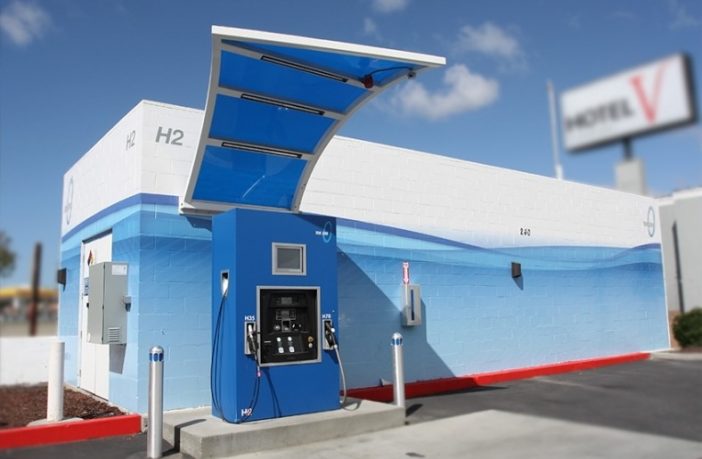- The world has an important opportunity to tap into hydrogen’s vast potential to become a critical part of a more sustainable and secure energy future according to a new IEA report.
- Specific sectors identified to be exploited are industry, transport, buildings and power generation.
- The report was released ahead of the G20 Ministerial Meeting on Energy Transitions and Global Environment for Sustainable Growth, held in Karuizawa, Japan, this past weekend.
The in-depth study, which analyses hydrogen’s current state of play and offers guidance on its future development finds that clean hydrogen is currently receiving strong support from governments and businesses around the world, with the number of policies and projects expanding rapidly.
Japan’s Olympic Village will be powered by hydrogen. Read more
A wide variety of fuels are able to produce hydrogen, including renewables, nuclear, natural gas, coal and oil.
The report also suggests that “fuel cells, refuelling equipment and electrolysers (which produce hydrogen from electricity and water) can all benefit from mass manufacturing. With declining costs for solar PV and wind generation, building electrolysers at locations with excellent renewable resource conditions could become a low-cost supply option for hydrogen, even after taking into account the transmission and distribution costs of transporting hydrogen from (often remote) renewables locations to the end-users.
The IEA report offers seven key recommendations to help governments, companies and other stakeholders to scale up hydrogen projects around the world. These include four areas where actions today can help to lay the foundations for the growth of a global clean hydrogen industry in the years ahead:
- Making industrial ports the nerve centres for scaling up the use of clean hydrogen;
- Building on existing infrastructure, such as natural gas pipelines;
- Expanding the use of hydrogen in transport by using it to power cars, trucks and buses that run on key routes;
- Launching the hydrogen trade’s first international shipping routes.
The report notes that hydrogen still faces significant challenges. Producing hydrogen from low-carbon energy is costly at the moment, the development of hydrogen infrastructure is slow and holding back widespread adoption, and some regulations currently limit the development of a clean hydrogen industry.
“We are very proud to have been able to use the breadth and depth of the IEA’s energy expertise to carry out the rigorous analysis for this study in collaboration with governments, industry and academic researchers,” said Dr Fatih Birol, the IEA’s Executive Director. “We are grateful to Japan, through its presidency of the G20, for requesting that we carry out this report, which recommends immediate, pragmatic steps to foster hydrogen’s development.”
Author: Bryan Groenendaal















